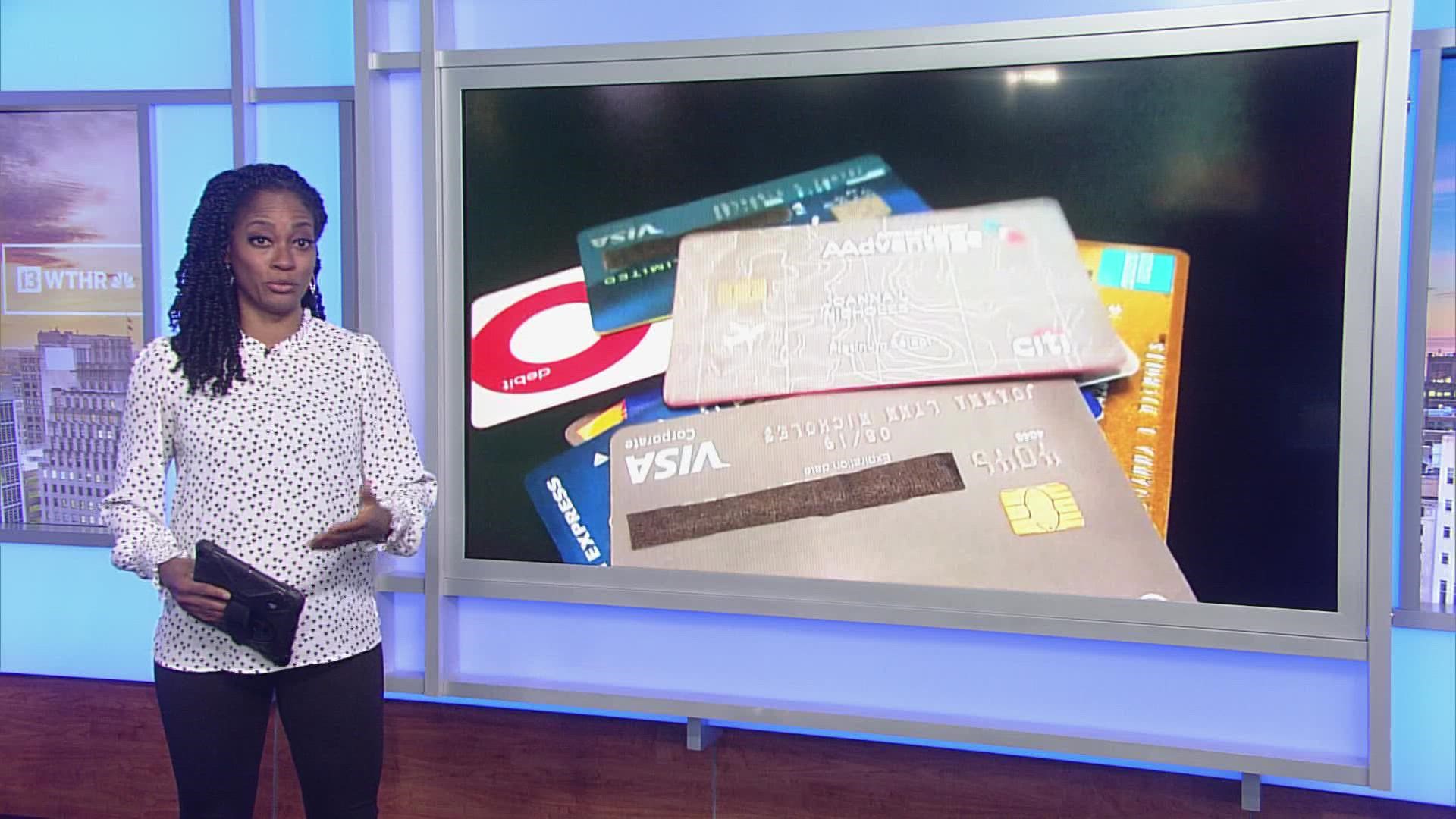INDIANAPOLIS — The next time a debt collector tries to reach you, it might not be by a letter in your mailbox or even a telephone call.
You might get a friend request or a private message on Facebook, or a follow on your Instagram page.
New rules approved by the Consumer Financial Protection Bureau allows debt collectors to contact consumers via text, email and through social media accounts.
Here's how it works:
A debt collector can send you a private message and request to add you as a friend, but they must identify themselves as a debt collector.
Collectors can't post on your page. Messages must not be viewable by your friends, contacts or followers. In every message they send, they must give you the option to "opt out" of being contacted online.
"They really do leave a lot to be desired and open up a lot of, kind of Pandora's box of communications," said Robert Duff of Indiana Consumer Law Group.
Duff said the extensive list of rules can be abused by debt collectors.
The CFPB says changes were made to keep up with the times and to give consumers more control. Critics say the rules allow criminals an open door to try new ways to slide into your direct messages and steal your money.
"Debt collectors who don't follow the rules and don't care are not afraid of being sued. They've undertaken all kinds of different activities to try and collect a debt illegally," Duff said.
Duff said consumers have the right to say no.
"And the debt collector, by law, needs to respect that. And if they don't respect that and they do communicate against the consumers wishes, they should look for a consumer law attorney," Duff said.
Also, limits are now placed on debt collectors' ability to place anything on your credit report.
"Before, they didn't have to make contact with you, didn't have to send you a letter or call you or do anything to inform you that you have a debt that they were collecting," Duff said.
RELATED: Learn more at the CFPB website
This rule will give consumers the opportunity to reach a compromise with a collector or pay the debt before anything hits your credit report.
"I hope it levels the playing field for legitimate debt collectors who follow the law, so they're not competitively disadvantaged because they comply with the law, whereas other debt collectors don't," Duff said.

